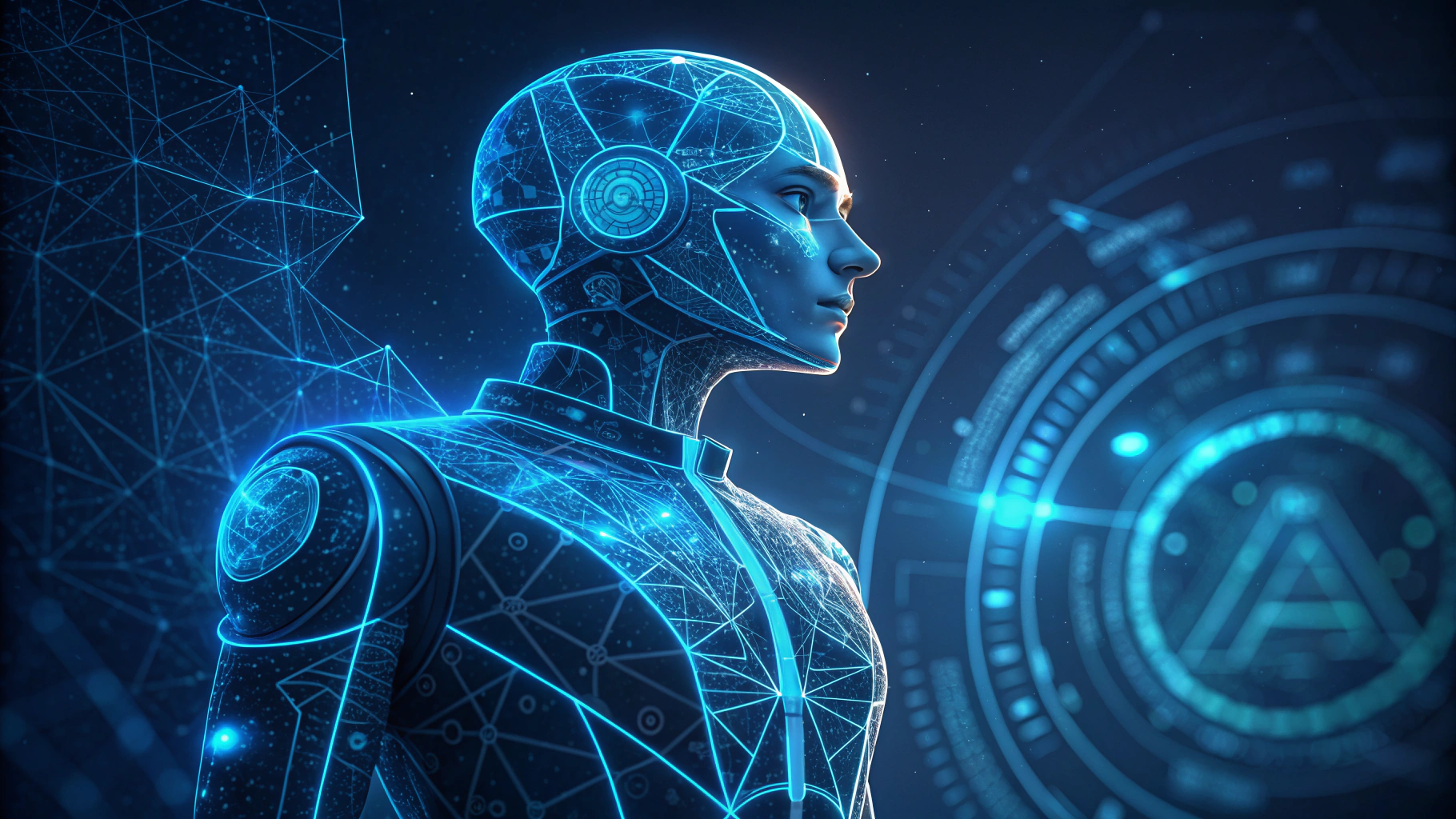AI Agents: Revolutionizing the Future of Intelligent Automation

AI Agents and Automation: Applications, Benefits, Challenges, and Future
AI Agents and Automation: Applications, Benefits, Challenges, and Future
Introduction
Artificial Intelligence (AI) has revolutionized numerous industries by automating complex processes and enhancing decision-making capabilities. At the forefront of this transformation are AI agents. These intelligent entities are designed to perform specific tasks autonomously, thereby improving efficiency and productivity across various sectors.
Applications of AI Agents in Automation
AI agents are being widely deployed in automation to streamline operations and reduce human intervention. Some notable applications include:
- Customer Service: AI chatbots and virtual assistants provide 24/7 customer support, handling inquiries, and resolving issues efficiently.
- Manufacturing: AI agents manage and optimize production lines, ensuring high-quality output with minimal downtime.
- Finance: Automated trading systems and fraud detection algorithms leverage AI to make real-time decisions and secure transactions.
- Healthcare: AI agents assist in diagnostics and personalized treatment plans, enhancing patient care and operational efficiency.
- Transportation: Autonomous vehicles and AI-driven logistics platforms optimize routing and delivery, reducing costs and improving safety.
Benefits of AI Agents in Automation
The integration of AI agents into automation processes offers numerous advantages, including:
- Increased Efficiency: AI agents can process large volumes of data quickly and accurately, significantly enhancing productivity.
- Cost Reduction: By automating repetitive tasks, organizations can reduce labor costs and minimize errors.
- Improved Decision-Making: AI agents analyze data patterns and provide actionable insights, aiding in strategic planning and decision-making.
- Scalability: AI systems can easily scale operations to meet growing demands without compromising on quality or performance.
- 24/7 Availability: Unlike human workers, AI agents can operate continuously without breaks, ensuring uninterrupted service delivery.
Challenges of Implementing AI Agents
Despite the numerous benefits, implementing AI agents in automation comes with its set of challenges:
- Data Privacy Concerns: The use of AI requires access to large datasets, raising concerns about data security and privacy.
- Ethical Considerations: AI decision-making processes can sometimes be opaque, leading to ethical dilemmas, especially in sensitive areas like healthcare and finance.
- Integration Complexity: Incorporating AI systems into existing infrastructures can be complex and costly, requiring substantial expertise and resources.
- Job Displacement: As AI automates routine tasks, there is a risk of job displacement for human workers, necessitating new skill development and job retraining programs.
- Bias and Fairness: AI systems can inadvertently perpetuate biases present in training data, leading to unfair outcomes.
The Future of AI Agents in Automation
Looking ahead, the role of AI agents in automation is poised for significant growth and evolution. Key trends shaping the future include:
- Enhanced Human-AI Collaboration: Future AI systems will focus on augmenting human abilities, creating synergies that combine the strengths of both humans and machines.
- Advanced Machine Learning Techniques: The development of more sophisticated machine learning algorithms will enable AI agents to handle more complex tasks with greater accuracy.
- Increased Personalization: AI-driven automation will become more personalized, catering to individual preferences and needs with precision.
- Proliferation of AI in New Sectors: As AI technology matures, its application will expand into new domains, including agriculture, education, and entertainment.
- Focus on Ethical AI Development: There will be a stronger emphasis on developing ethical AI systems, ensuring transparency, accountability, and fairness in AI-driven decision-making.
Conclusion
AI agents are transforming the landscape of automation, offering unprecedented opportunities for efficiency and innovation. While challenges exist, the potential benefits far outweigh the drawbacks, making AI a critical component of future technological advancements. By addressing ethical and practical concerns, AI agents can be harnessed to create a more productive and equitable world.



